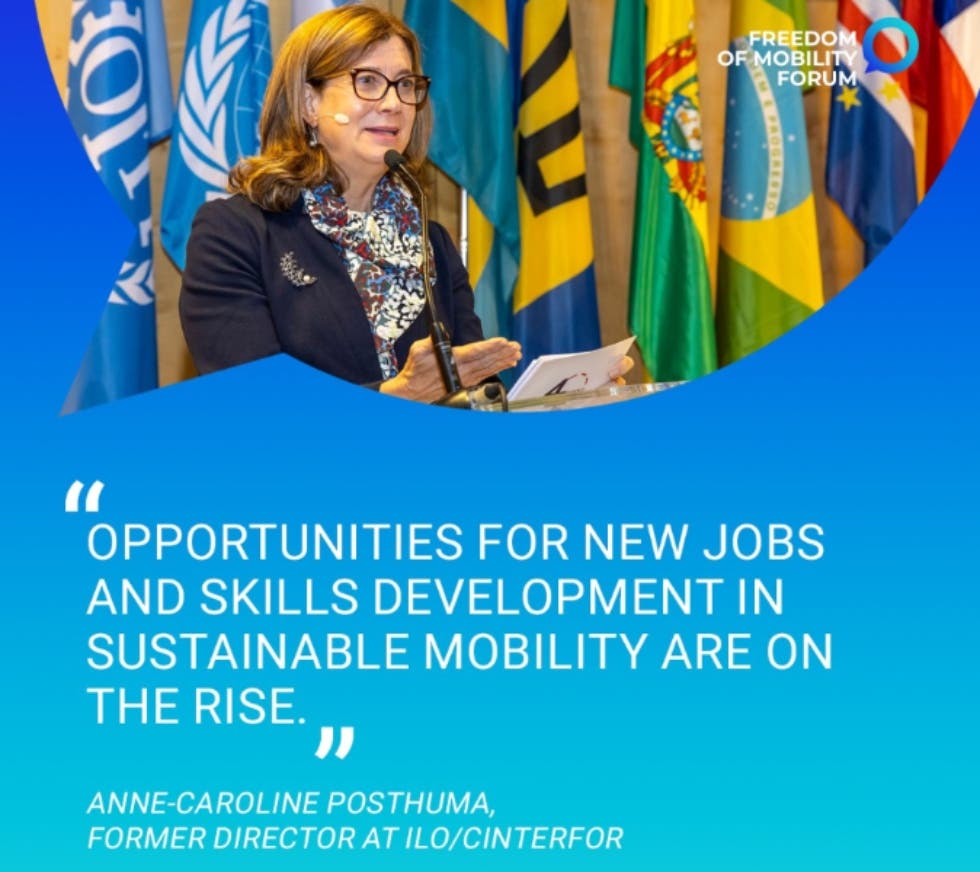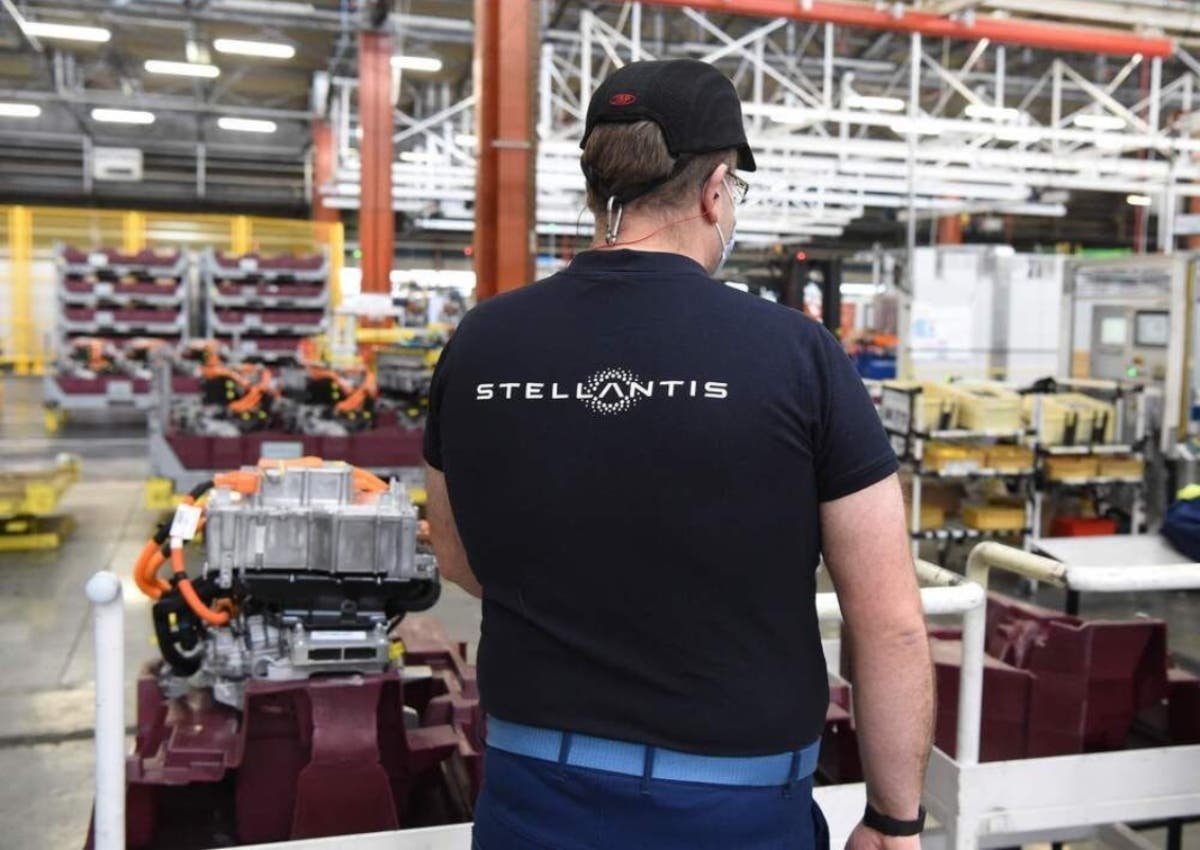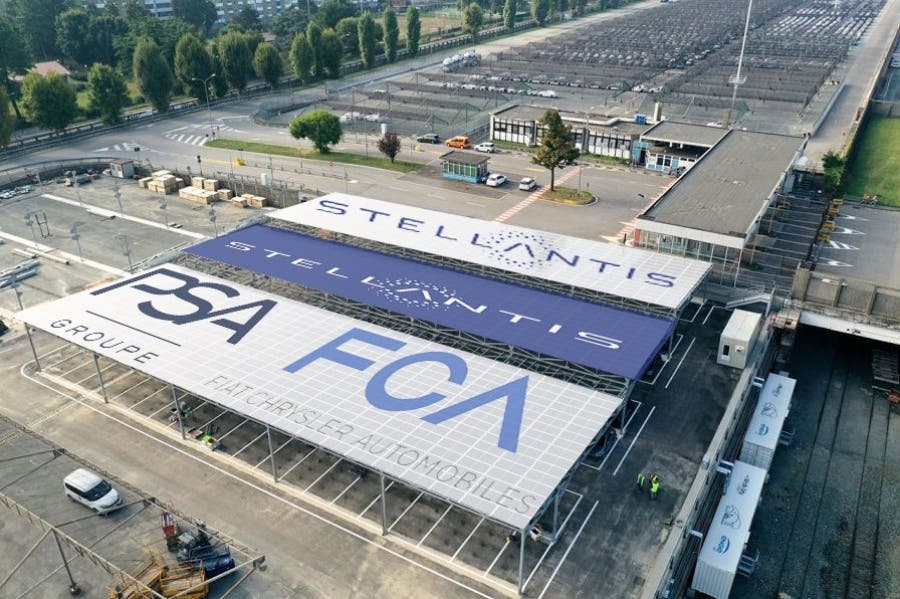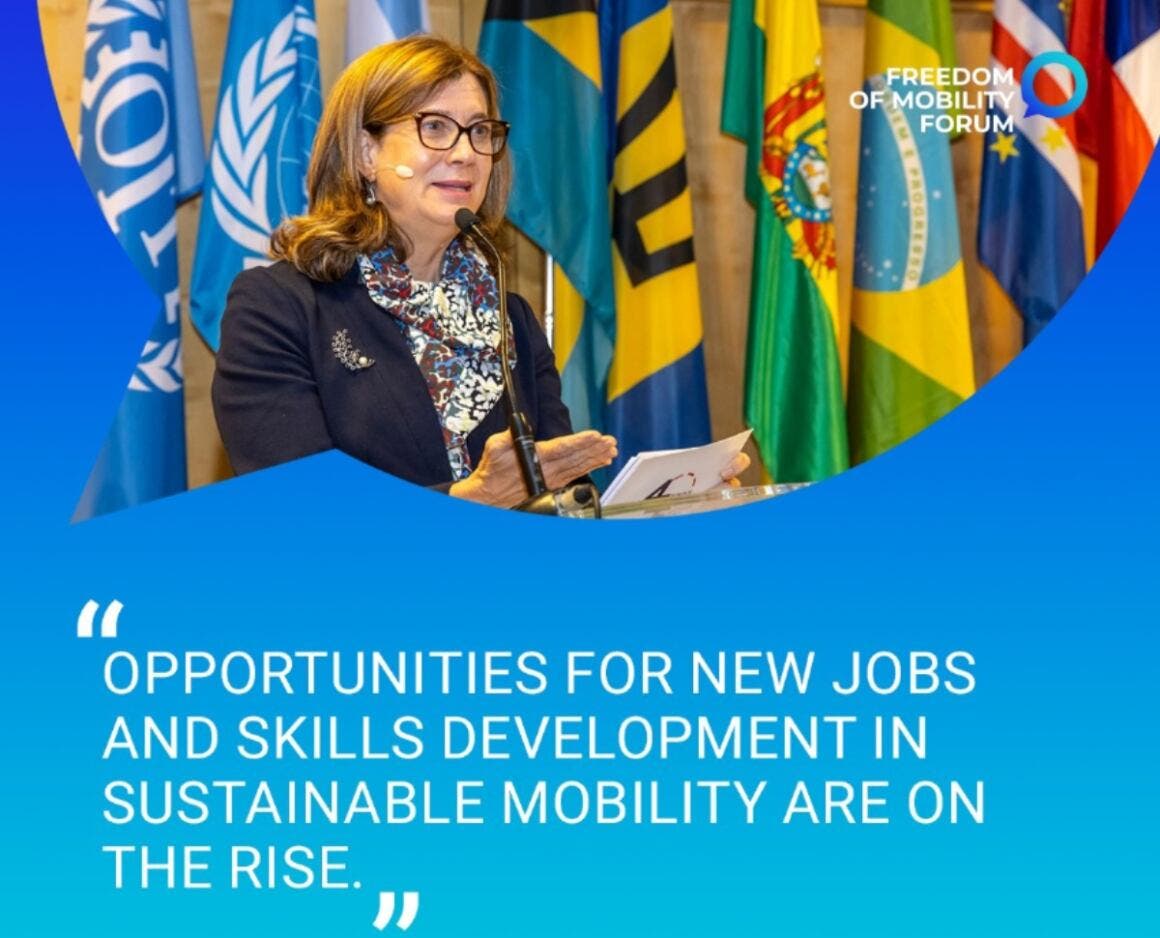Through its Forum on Freedom of Mobility (FOMF), Stellantis is promoting an open debate on the future of sustainable mobility. Here is Anne-Caroline Posthuma’s discussion that sees the future of mobility in shaping the region’s economy and reducing inequality.
FOMF Stellantis for promoting free debates
The FOMF (Freedom of Mobility Forum) is a very interesting initiative that has been promoted by the Stellantis automotive group, with the aim of promoting completely free debate,as long as it is constructive, regarding the future of mobility.

More specifically, it is an international forum, i.e., a meeting point where experts in the field, or even simple enthusiasts or anyone interested in discussing the topic, can have a discussion on such an important issue as sustainability. The FOMF particularly focuses on the fact that although the mobility of the future must be low-emission, it must also be accessible to everyone, not just a small section of consumers. Discussions always take place on scientific data, which have been analyzed in detail, in order to foster the search for an innovative solution. As anticipated, the main goal of this forum, organized by Stellantis, is to look for effective solutions to reduce environmental impact, make the mobility of the future accessible to all, and bring forth new ideas that are able to cope with the most difficult problems to be addressed.

Anne-Caroline Posthuma’s opinion for the situation in South America
During one of the latest discussions that took place, Anne-Caroline Posthuma, namely the director of the ILO/C (Inter-American Center for the Development of Knowledge of Vocational Training) gave her opinion, who spoke in particular about the situation in South America. Indeed, the Latin American and Caribbean (LAC) region is going through a major transformation for the transportation sector, with an increasing focus on sustainable mobility solutions, an issue close to the heart for the Stellantis Group, which has a presence in the area. This ongoing transformation, is generating a considerable number of new job opportunities, as Posthuma analyzed, as well as reducing environmental impact.
From the occupational aspect, mobility holds a rather important factor in access to jobs and educational opportunities, especially with regard to urban areas in the LAC region that are particularly dense. Therefore, promoting mobility that is diverse and sustainable, through an ever-expanding expansion of public transportation and environmentally friendly solutions, becomes crucial in terms of reducing inequality. As a result, economic development would also be promoted.

Increasing demand and up to 15 million new jobs
Anna Posthuma, was also keen to point out that sustainable mobility is obviously creating a growing demand for new skills in the automotive sector, a factor that greatly stimulates job creation in the renewable energy sector. According to various studies and analyses, up to 15 million new jobs could even be created in the LAC region alone, all of them related to issues such as decarbonization.
Of course, such a change would not be entirely unproblematic. This is because there could be a drop in demand for traditional transportation-related jobs, which would require retraining of workers. Therefore, it is important that this change takes place in a completely balanced way, to be able to support workers in the new transition.
Investment and targeted policy actions for growth
Given this issue, the most immediate and effective solution could certainly be investment by companies in professional updates, something Stellantis has already been working on for some time. In fact, new educational systems aim to have to adapt quickly to the new demands of the automotive market, with training programs that are effective and give the opportunity to learn technical notions useful for real work.
In that respect, governments in the LAC region are playing a very important role in promoting sustainable mobility. Indeed, they are putting in place fully targeted policy actions so that states can invest in and incentivize research and development of this very important change. The goal remains to facilitate access to the necessary funding for companies that are operating in the dedicated sector.

Measures, dedicated infrastructure and continued development of innovative solutions
Some of the most important measures that could be taken are investments in dedicated infrastructure, such as bike lanes and electric vehicle charging stations. Providing tax incentives, which would serve the purchase of electric vehicles, but also for businesses that consistently use clean technologies. Also, including regulations that promote the production of low-emission vehicles. Lastly, of great importance, is collaboration between the public and private sectors for the continued development of innovative solutions.
Such a transition into sustainable mobility, is certainly a unique opportunity for Latin America and the Caribbean to be able to create numerous new jobs. but not only that, continuing in the right direction, would be helpful in sharply decreasing inequalities among citizens and improving their quality of life in general. However as we have said, and as Posthuma argues, getting to this ambitious goal requires strong partnerships between governments and businesses, to have educational institutions and a civil society.

